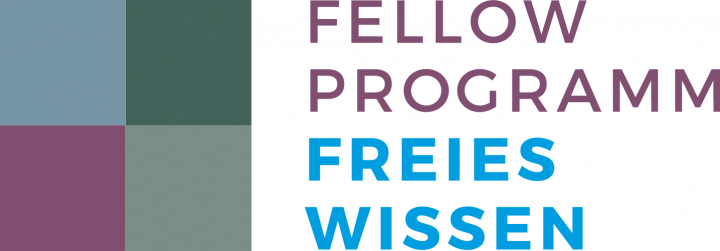Why Science-Podcasting is important
Podcasts have become increasingly popular in recent years, with more and more people listening to them or even producing them themselves. Since the primary objective of a podcast is the transfer of knowledge, their importance for science communication in constantly increasing. You can now find many different podcasts on academic topics, some of which are very specific while others cover a broader range of topics. The best known current example of a science-podcast in Germany might be the Coronavirus Update, which deals scientifically with various aspects of the COVID-19 pandemic since February 2020 (in German).
Podcasts offer researchers the opportunity to talk freely about their academic work and thus convey complex academic topics in a target group-specific and entertaining way. Since they are usually offered free of charge and can be consumed on most mobile devices, they are comparatively low-threshold and can be listened to anywhere and at any time. Thus podcasts can be a very effective tool in science communication and contribute to improving the exchange between academia and society leading to more accessibility and inclusion.
One example of such a science-related podcast is the Open Science Radio which deals with the topic of Open Science in its many-sided and -layered aspects – from Open Access to Citizen Science and Open Data to Public Science and Open Education. This podcast is intended to create a basic understanding, but above all to inform about current developments in this field. In this video, Konrad Förstner, who is hosting the Open Science Radio together with Matthias Fromm (who also produces another interesting podcast about the recording and design of sound called phonolog.fm), talks about his motivation for doing science podcasting.
How to create your own Science Podcast
Maybe you feel inspired now to talk more about your academic work and maybe even start your own podcast about it. But where to start and how?
As part of the Winter School of the Open Science Fellows Program in cooperation with innOsci on February 13-14, 2021, Christian Friedrich and Nele Heise introduced the basics of science podcasting and talked about what makes a good (science) podcast, how it is produced, who the format’s target audience is and how best to reach them.
The following 7 Videos should help you getting started!
Part 1: What makes a Podcast and where can I find Podcasts?
Part 2: How do I record a Podcast?
Part 3: Remote Podcasting
Part 4: Postproduction
Part 5: Distribution
Part 6: The Science Podosphere: Formats, Audience, Marketing
Part 7: The Science Podcast Audience: Who is listening what and why?
Helpful Links
- Wissenschaftspodcasts.de lists many different Podcasts committed to imparting knowledge
- The best nature, science and technology podcasts listed by BBC
- List of science podcasts in Wikipedia
